Top smart home trends for 2022
These unusual times have spurred a high demand from consumers for smart home devices that save time, money and effort. Here are [...]
read more
These unusual times have spurred a high demand from consumers for smart home devices that save time, money and effort. Here are [...]
read more
It’s understood that most projectors and TVs won’t perform at optimum straight from the box. This means that unless you employ a [...]
read more
Having a strong Wi-Fi signal is key to getting the most from home technology. From seamless streaming of your favourite TV shows and [...]
read more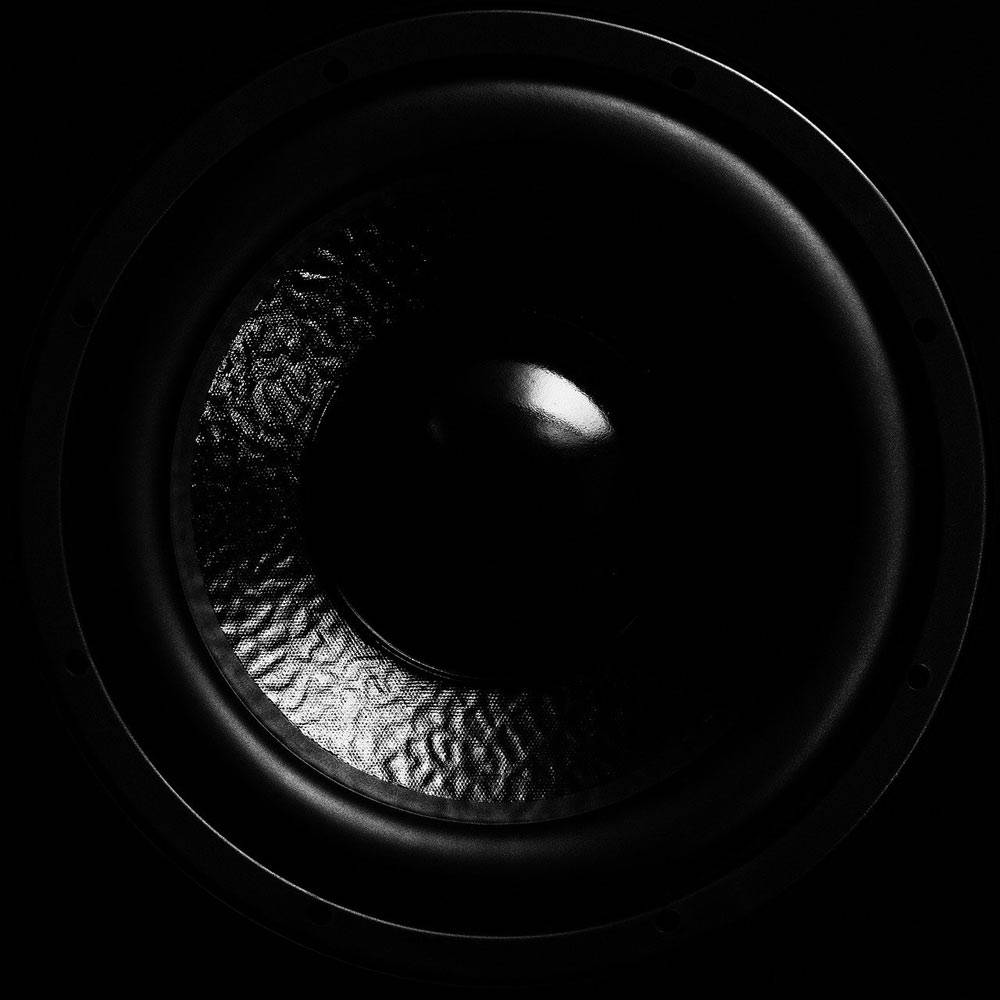
When you built your home theatre system, among the first equipment you purchased was probably some speakers for high-quality audio. However, when you’re [...]
read more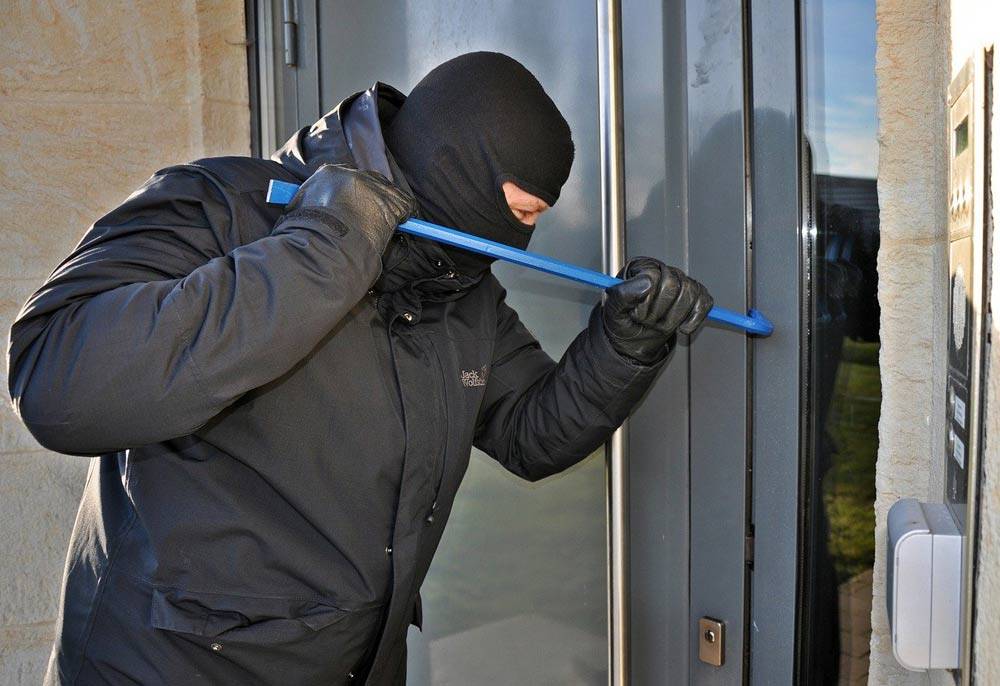
Lee Curran, a lecturer in criminal justice and the Deputy Head at University Centre St Helens, Merseyside, recently offered homeowners expert advice on how to [...]
read more
Whether you are a CCTV and security alarm installer or an expert at setting up network cabling and satellite broadband, any professional tradesperson with [...]
read more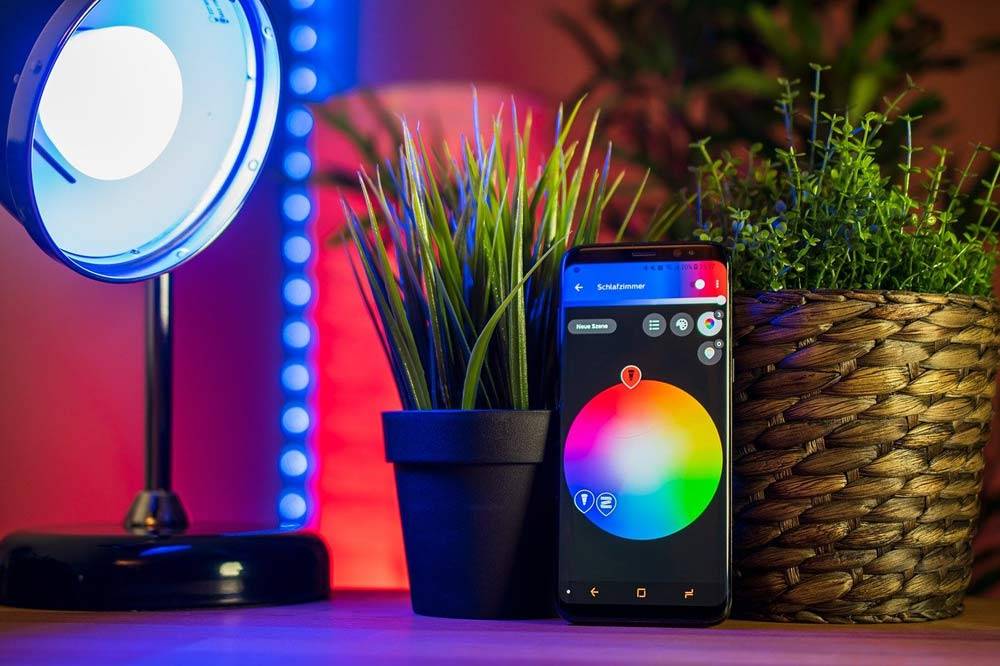
Energy provider Scottish Power has become the first firm in its field to provide smart home solutions to households wherever they are based.
The forward-thinking firm is [...]

Installing an outdoor TV aerial is more work than fitting one indoors or in your loft, but the results are well worth the trouble. Read on for some useful tips on [...]
read more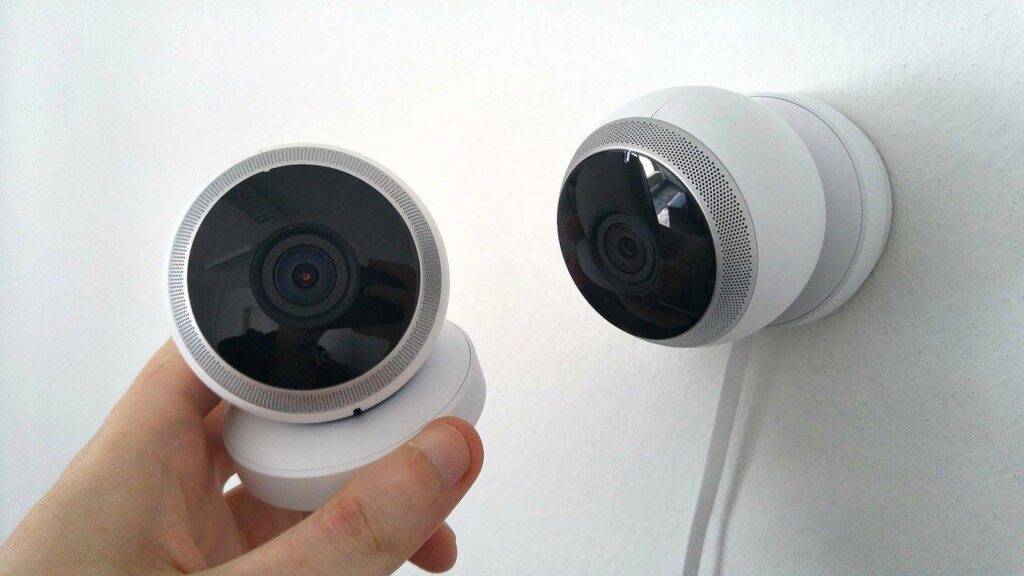
Closed-circuit television (CCTV) cameras are an invaluable option for property owners keen to beef up their security. However, with [...]
read more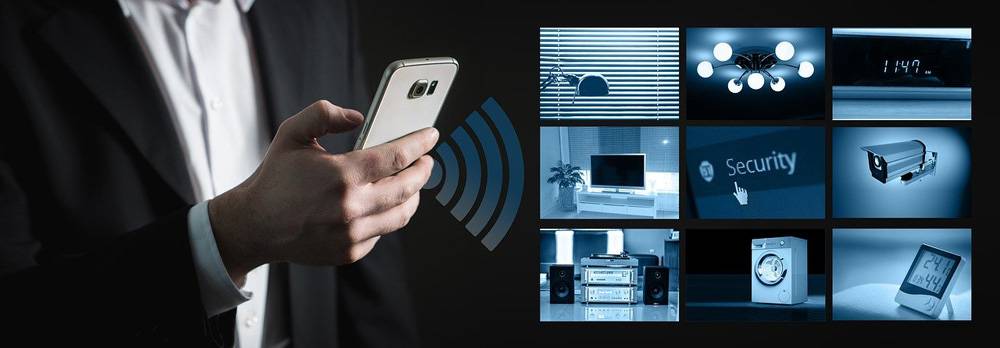
Smart lighting involves long-lasting LED bulbs that can be customised and controlled remotely via smart technology, including [...]
read more